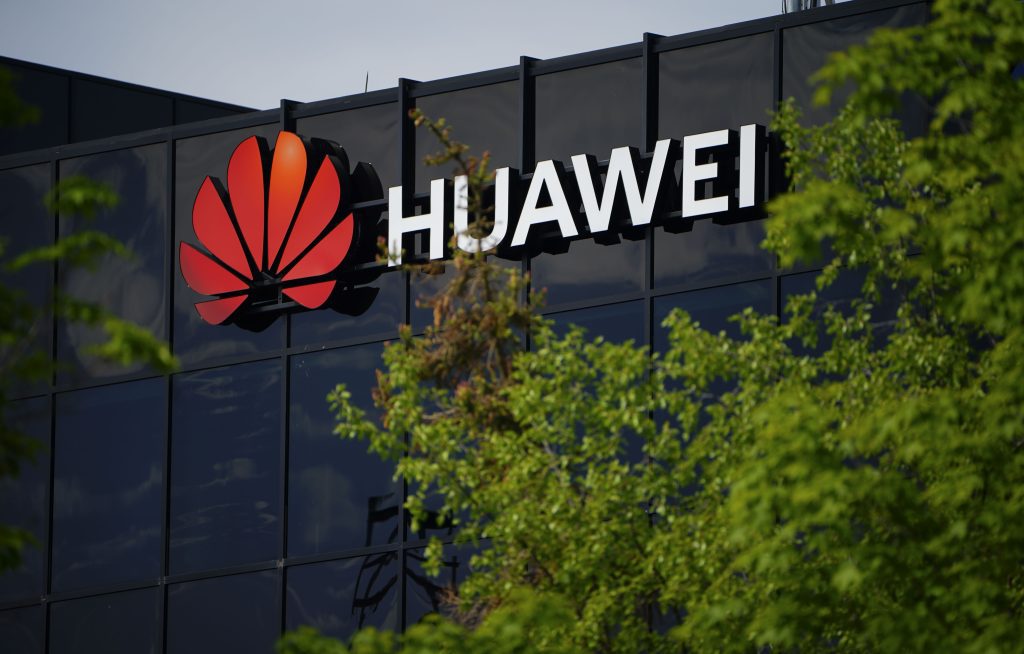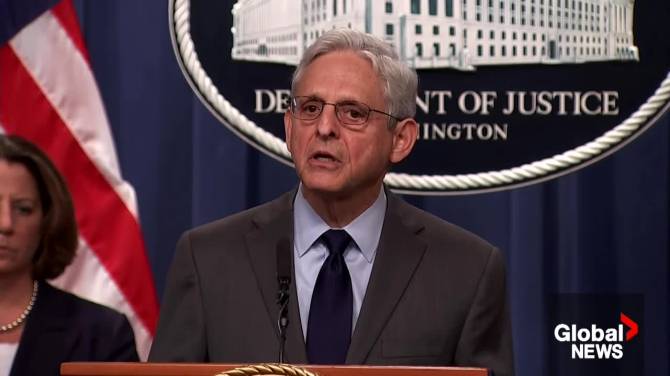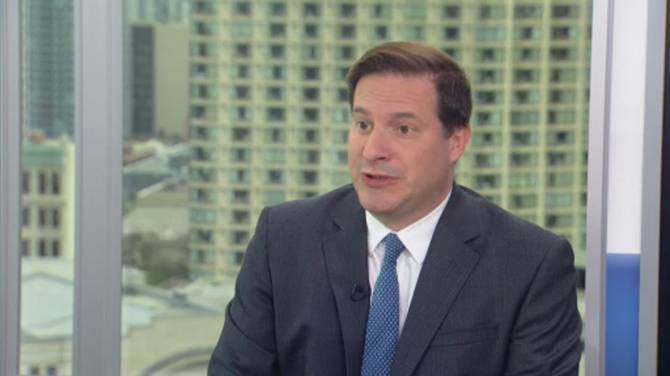The U.S. Justice Department’s ongoing criminal case accusing China’s Huawei of deceiving banks about the company’s business in Iran, among other accusations, is moving toward a trial in January 2026.
During a status conference in Brooklyn, New York, Assistant U.S. Attorney Alexander Solomon informed U.S. District Judge Ann Donnelly that “settlement discussions ended in an impasse. We believe it would be wise to set a trial date.”
The judge suggested that the trial could start at the beginning of January 2026, serving as a tentative date.
In 2018, the case began with a sealed indictment, leading to the detention of Huawei CFO Meng Wanzhou in Vancouver, Canada, on a U.S. warrant, putting strain on U.S.-China relations.
In a 2021 agreement, the charges against Meng, who is also the daughter of the company’s founder, were dropped.
The broader case against Huawei is still pending, with Huawei pleading not guilty.
Solomon stated that prosecutors anticipate the trial to last four to six months.
Huawei's lawyer, Douglas Axel, mentioned that the company has a pending motion to separate the bank fraud charges from the allegations of trade secret theft. However, the government indicated opposition to a split, emphasizing that the charges were interconnected.
In 2018, Huawei was charged with bank fraud for giving inaccurate information to HSBC and other banks about its business in Iran, which is under U.S. sanctions.
In 2020, the Justice Department added more charges to the case, alleging that Huawei conspired to steal trade secrets from six U.S. technology companies and assisted Iran in monitoring protesters during anti-government demonstrations in 2009.
In Sept. 2021, Meng reached a deferred prosecution agreement with U.S. prosecutors, acknowledging that she had provided false information about Huawei’s Iran business.
Following an unusual virtual hearing, she was permitted to travel to China from Canada. Soon after, China released two Canadians it had been holding, and two American siblings who had been prevented from leaving the country were allowed to return home.
Since 2019, the U.S. has limited Huawei’s access to U.S. technology, alleging the company’s actions are contrary to U.S. national security, a claim that Huawei denies.
The company experienced its fastest growth in four years in 2023, with a recovery from the U.S. restrictions driven by a resurgence in its consumer segment and revenue from new ventures like smart car components.
—Reporting by Karen Freifeld; Editing by Will Dunham and Sandra Maler





